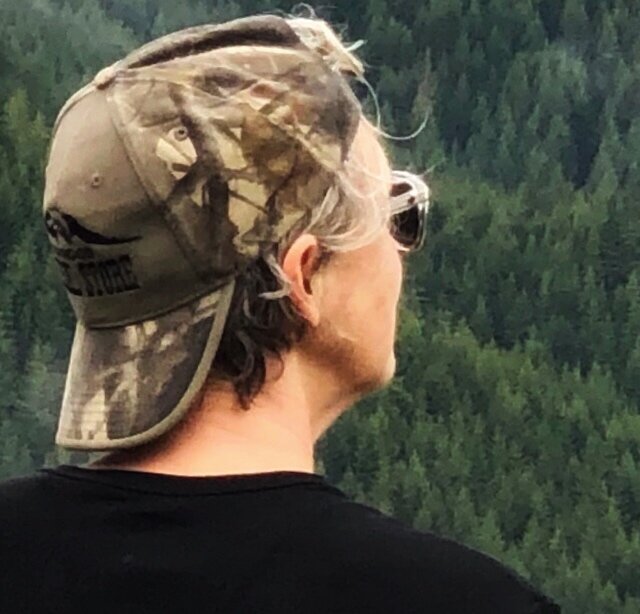I am currently in the middle of a two-week cleanse. Today is the second day of consuming only water and diluted vegetable and fruit juices. Sometimes we do something for one reason only to to find out that there are other discoveries to be made along the way. In this case I set out to reap the benefits for my physical health and well being, and was surprised to uncover the value to be found in the act of going without.
I love good food. Shopping for it, cooking it, sharing it, and of course, eating it. Nothing wrong with that. However, as I am noticing during these days of caloric restriction, I take food, not to mention abundant, healthy, fresh, delicious, and readily accessible food for granted. As I experience a few mild hunger pangs, I am reminded of just how much I don’t like being hungry, and when I am there is an easy fix always at the ready. The refrigerator is full of good food, the pantry stocked, grocery stores and farm stands are within easy reach, and should I find myself on an empty stomach during a day in town, there are restaurants offering delicious take-out.
Hunger is simply not an issue for me.
The hunger games however, are real.
About 1 in 10 people in the world experience chronic hunger. Even before the COVID-19 crisis hit, hunger was a daily reality for millions of our fellow citizens. While the pandemic may limit some of the foods I typically purchase, I will not be among those who, already accustomed to hunger as a way of life, will be even more deeply impacted by food shortages and food deserts. By some estimates, COVID-19 could double world hunger rates. The inequity in pay received for work done is under even brighter light as many workers, now deemed essential, must continue to subsist on less than a living wage. Those without work face an even bleaker picture.
There is enough food produced on the planet to feed 1.5 x the world population. It is a solvable problem. We all have a part to play. Exactly what that part is, I’m not sure. What I do know, in part for having chosen to go without for a very short time, is that being well fed is a privilege. But it shouldn’t be.
Photo by Magda Ehlers from Pexels










